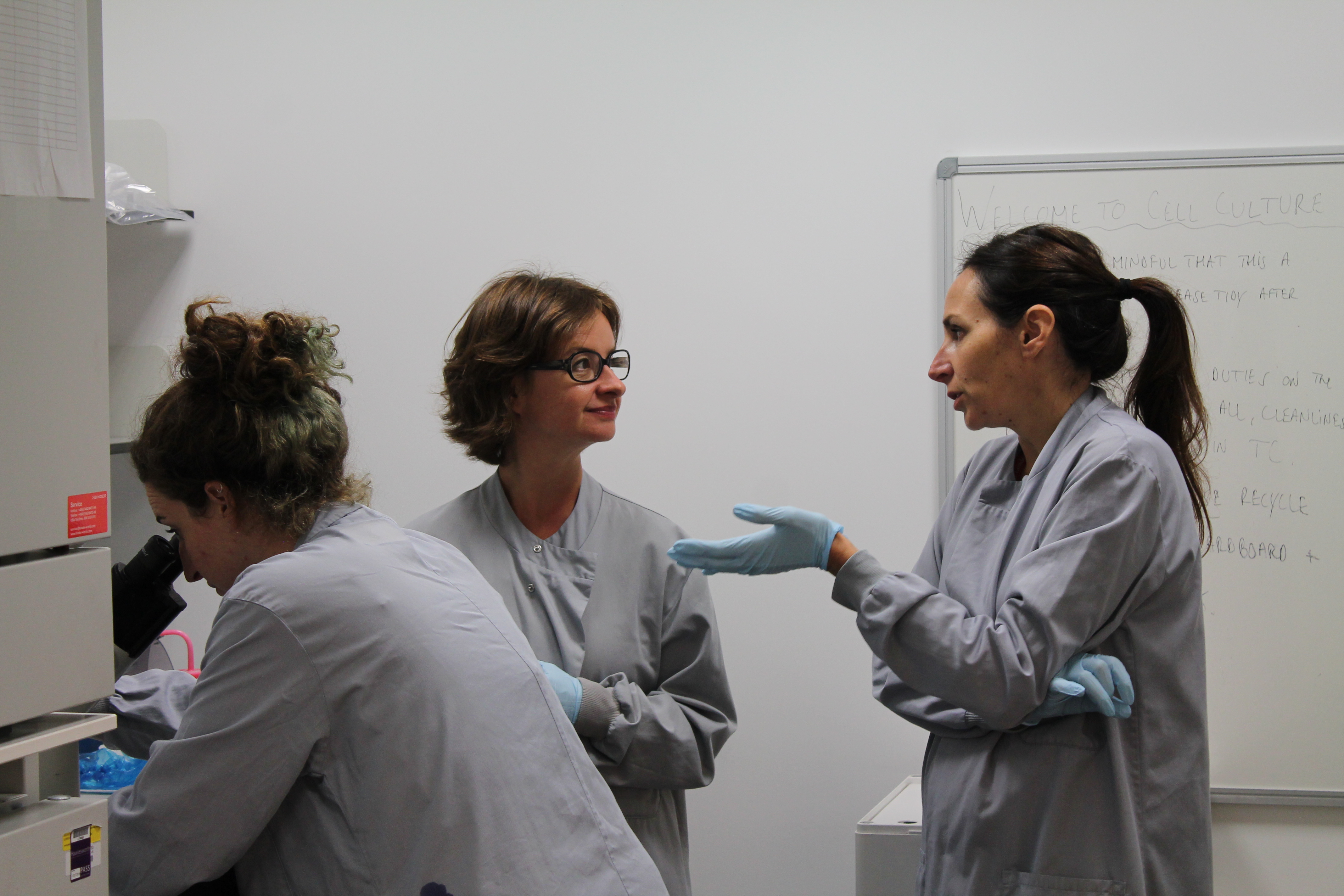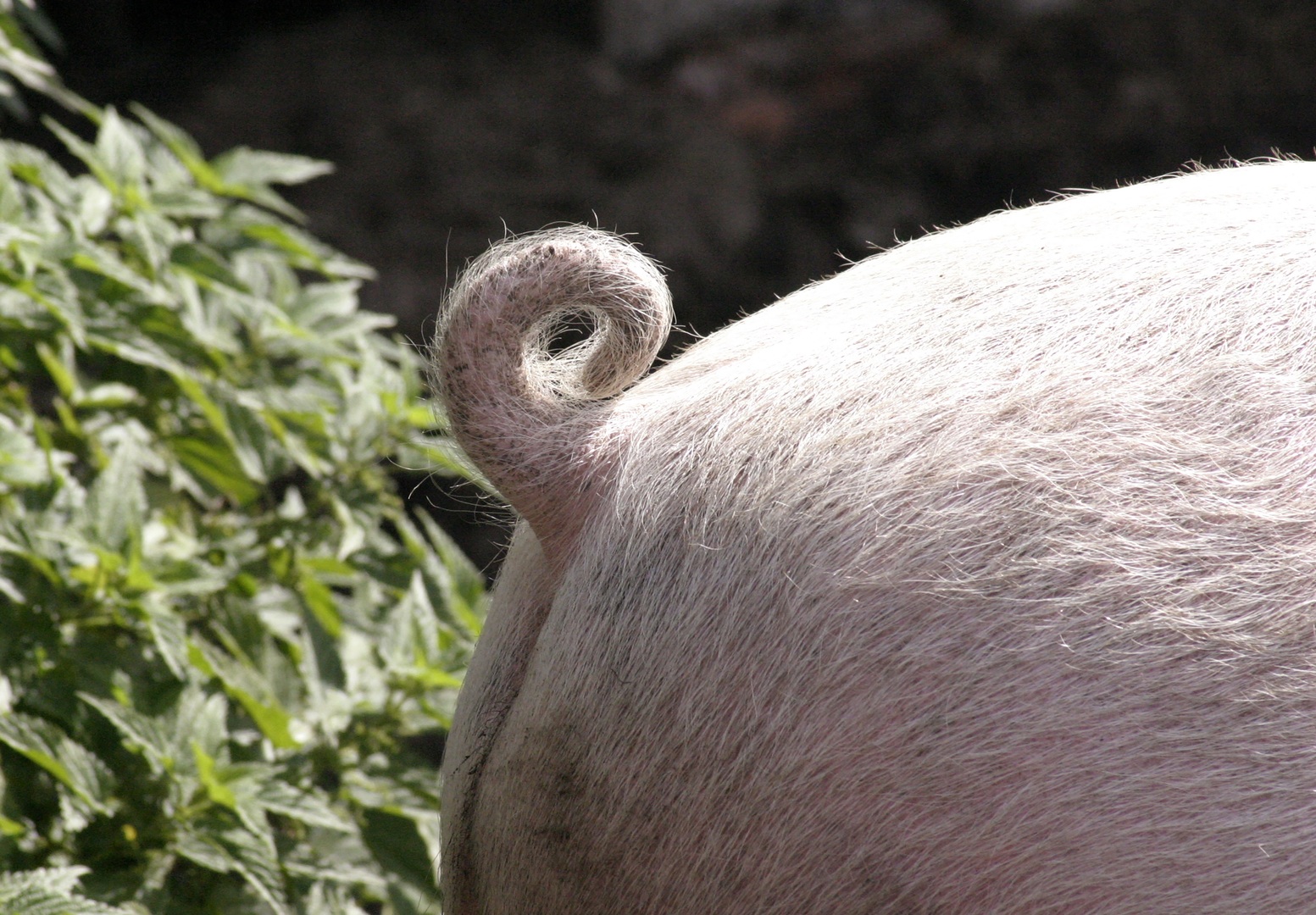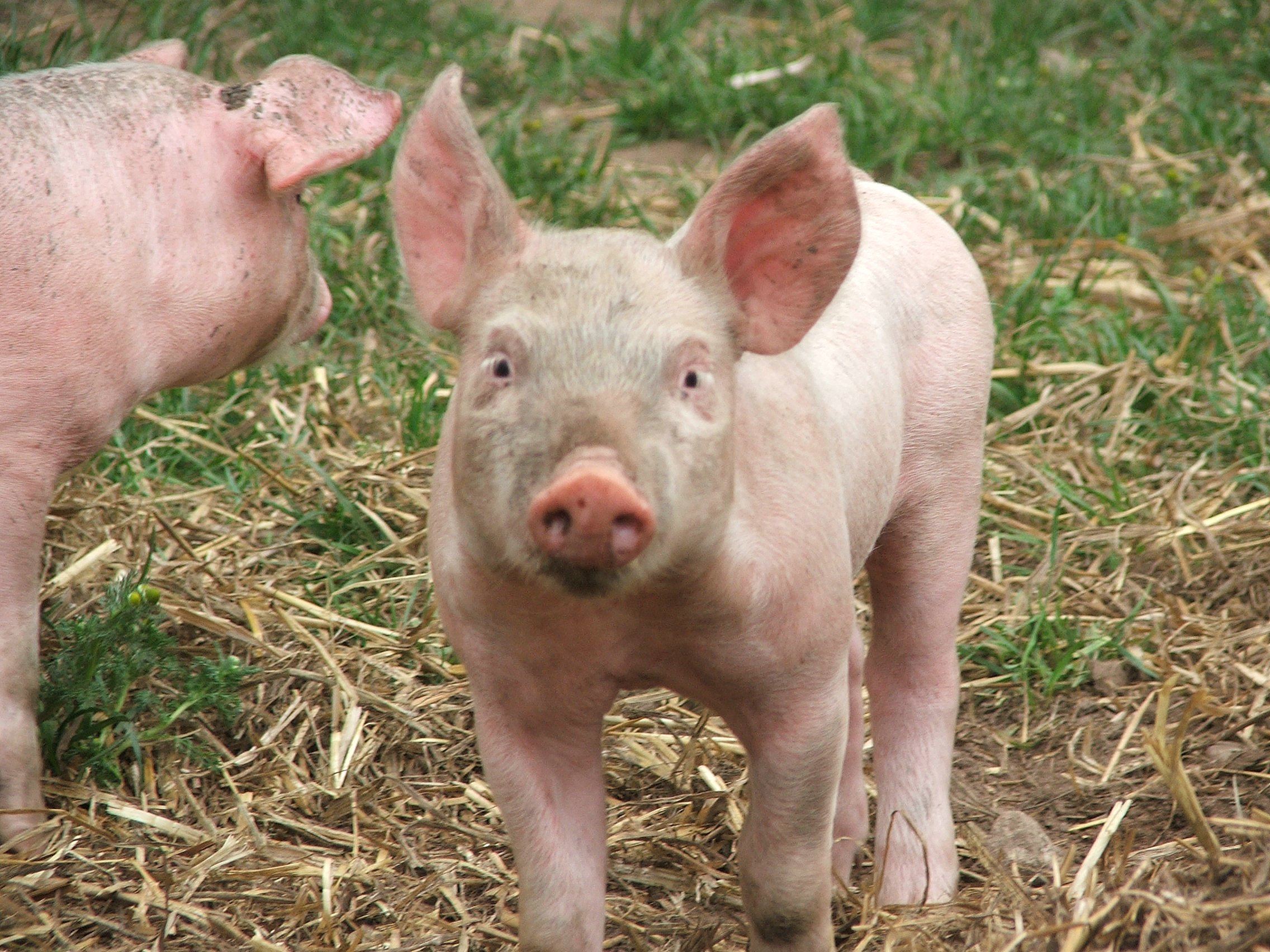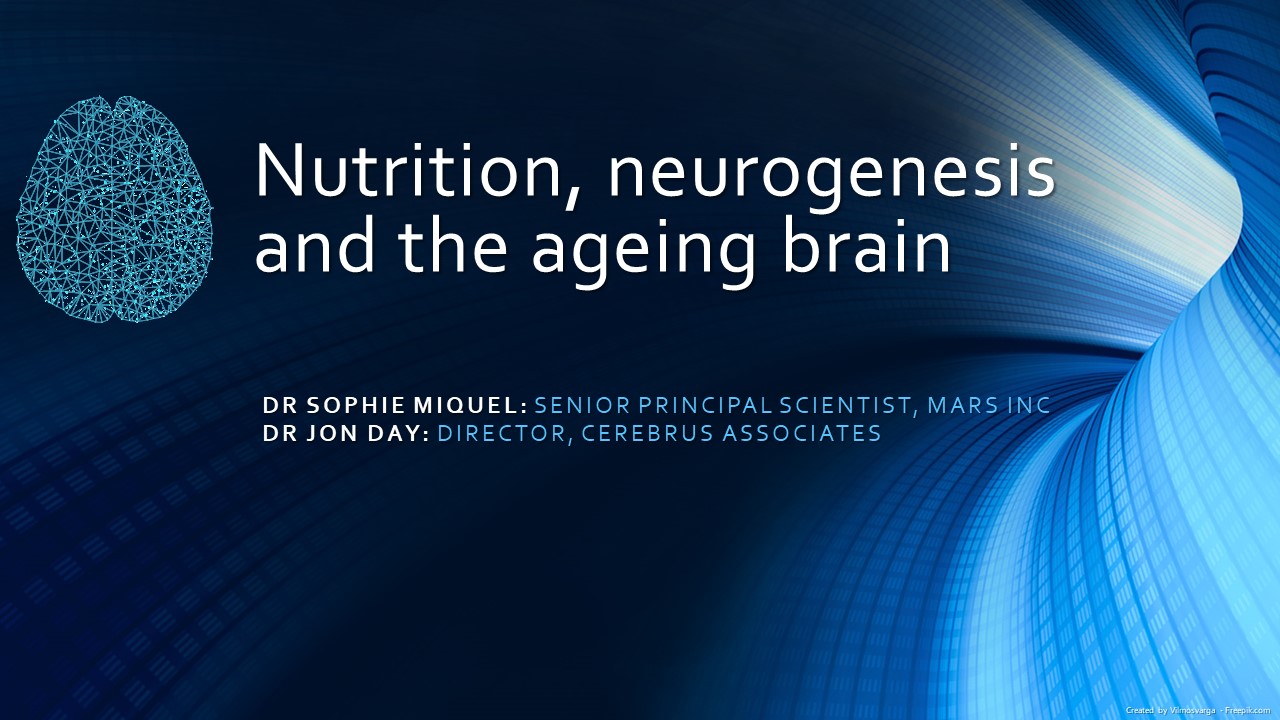



Dr Jon Day strengthens Chronos Sustainability’s leadership team
Chronos Sustainability, the specialist sustainability advisory firm, is bolstering its senior leadership team with the appointment of Dr. Jon Day as Chief Operating Officer.
Read more “Dr Jon Day strengthens Chronos Sustainability’s leadership team”

Cerebrus Associates adds its support to the 3Ts alliance
The 3Ts Alliance, set up by World Animal Protection this year (2019), is a voluntary group of experts and stakeholders from across the swine industry working collaboratively to explore the issues surrounding ending tail docking, teeth reduction and physical/surgical castration. Learn more.
Read more “Cerebrus Associates adds its support to the 3Ts alliance”


Chewing and sustained attention
Chewing is a normal part of eating behaviour. Its function is to break down food into smaller particles and mix them with saliva in preparation for swallowing and digestion. So why do people chew substrates that are apparently dissociated from eating?

EU report on alternatives to pig castration
The European Declaration on Alternatives to Surgical Castration of Pigs works towards ending the practice of castration. The voluntary Declaration was signed by meat industry, retailers, scientists, veterinarians and animal welfare NGOs in 2010. Following the Declaration, the European Commission commissioned a study on ‘Establishing best practices on the production, the processing and the marketing of meat from uncastrated pigs or pigs vaccinated against boar taint’. A team of experts, including Dr Heleen van de Weerd, conducted research in a selection of (representative) EU Member States and described the different practices utilised by the industry. The report can be downloaded here.

Does chewing ability influence cognitive and systemic health during aging?
There is a growing body of literature which suggests that oral health and mastication can influence cognitive and systemic health during aging. However, it is currently unclear whether oral health, masticatory efficiency, cognitive health and systemic health merely deteriorate independently with age, or whether mechanisms exist linking mastication to cognitive and systemic health directly. In a recent paper published in the journal Physiology & Behavior, Jon Day and colleagues review the extent to which reduced mastication influences cognitive and systemic health during aging.
Read more “Does chewing ability influence cognitive and systemic health during aging?”

Poor cognitive ageing and nutrition
A paper co-authored by Jon Day has been published in the journal Ageing Research Reviews. The review aims to summarise the current state of knowledge of vulnerabilities that predispose towards dysfunctional brain ageing, highlight potential protective mechanisms, and discuss dietary interventions that may be used as therapies. A special focus of this paper is on the impact of nutrition on neuroprotection and the underlying molecular mechanisms.

